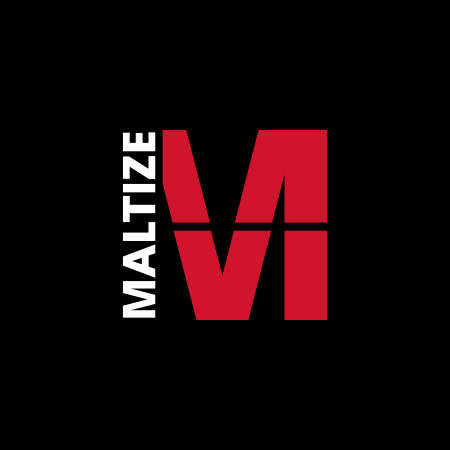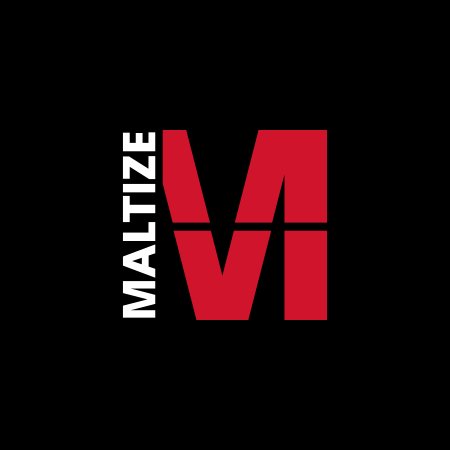Reading time - 2 min 52 sec
The Maltese Language
The Maltese people speak Maltese (Maltese: Malti), a Semitic language evolved from late medieval Sicilian Arabic with Romance superstrata. It is the national language of Malta and the European Union’s only Semitic official language. Through its lineage from Siculo-Arabic, which originated as a Maghrebi Arabic dialect in the Emirate of Sicily between 831 and 1091, Maltese is a Latinised form of spoken historical Arabic.
Maltese emerged independently of Classical Arabic in a slow process of Latinisation due to the Norman invasion of Malta and subsequent re-Christianisation of the island. It is unique as a variation of historical Arabic with no diglossic link to Classical or Modern Standard Arabic. As a result, Maltese is distinguished from the 30 variations that make up the current Arabic macrolanguage. Maltese differs from Arabic and other Semitic languages in that its morphology is heavily affected by Romance languages, mainly Italian and Sicilian.
Around one-third of the Maltese, vocabulary is derived from the original Arabic substrate, mainly terms that signify core ideas and functional words. Around half of the language is derived from standard Italian and Sicilian, and English words make up between 6% and 20% of the lexicon. According to a 2016 study, Maltese speakers can understand roughly a third of what is spoken to them in Tunisian Arabic, a Maghrebi Arabic linked to Siculo-Arabic. In contrast, Tunisian Arabic speakers can understand about 40% of what is stated to them in Maltese. There is a far lower level of mutual intelligibility between these dialects than between other Arabic dialects.
The first surviving example of Maltese written in the Latin script is from the late Middle Ages. It is the only standardised Semitic language that uses the Latin script exclusively.
History
The entrance of people from neighbouring Sicily, where Siculo-Arabic was spoken, is credited with the origins of the Maltese language early in the eleventh century, reversing the Fatimid Caliphate’s conquest of the island at the end of the ninth century. Genetic investigations back up this hypothesis, showing that modern Maltese people share common origins with Sicilians and Calabrians, with little genetic influence from North Africa and the Levant.
The Norman invasion of 1091, followed by the Muslim exile (completed by 1249), irrevocably separated the vernacular from its Arabic basis, allowing it to evolve into a unique language. In contrast to Sicily, where Siculo-Arabic died out and was replaced by Sicilian, Malta’s vernacular developed alongside Italian, finally displacing it as the official language in 1934 – alongside English. The Maltese language is first mentioned in writing in a will from 1436, where it is referred to as lingua maltensi. The oldest known document in Maltese is Pietru Caxaro’s Il-Kantilena (Xidew il-Qada) from the 15th century.
A 16th-century manuscript named “Maltese-Italiano” was included in the Biblioteca Maltese of Mifsud in 1764 but has since been lost. Hieronymus Megiser, who visited Malta in 1588–1589, offered a list of Maltese words in his Thesaurus Polyglottus (1603) and Propugnaculum Europae (1606), and Domenico Magri gave the etymologies of certain Maltese words in his Hierolexicon, sive sacrum dictionarium (1677).
In the 1980s, the Biblioteca Vallicelliana in Rome uncovered an early manuscript dictionary, Dizionario Italiano e Maltese, and grammar, the Regole per la Lingua Maltese, attributed to a French Knight named Thezan. Giovanni Pietro Francesco Agius de Soldanis created the first systematic lexicon and the first systematic grammar of the language and advocated a standard orthography.
Most Asked Questions
Is learning Maltese difficult?
What is the difficulty level of learning Maltese? Learning Maltese can be challenging if you have no prior knowledge of Arabic languages. It is, however, written in the Latin alphabet, which makes it significantly easier for westerners to understand. You will pick it up quickly with practice and as much use of Maltese as feasible.
When it comes to learning Maltese, how long does it take?
When will I be able to communicate in Maltese? After only 3 hours of study, you will be able to hold simple conversations in Maltese, and after 50 hours of study, you will be fluent in the language.
Is it worthwhile to learn Maltese?
Learning Maltese could be beneficial in many ways: Because Maltese is a near relative of Arabic and has a considerable Italian influence, it provides an intriguing perspective on studying Arabic and Semitic languages.
Add your Listing or Claim Your Business and Get 10% OFF
Do you own a Language School? List it on our website for just €34.99 for 365 days.
For less than €0.10 a day, you can list your Business on our website. We take pride in being the most cost-effective internet business directory on the island. Why are we so inexpensive? Unlike our competition, our website is unique. You will have complete control of your account once you have added your listing (Business).
You’ll be able to receive messages from potential clients and accept bookings (Resurva and Timekit). Clients can also text or call you on your landline or mobile phone.
You can make deals, create events, create campaigns, upload photographs, videos, and menus, all from your dashboard.
You’ll also be able to include your company’s tagline and hours of operation. Save time by uploading your most commonly requested questions instead of answering simple inquiries (FAQ). Maltize also allows you to specify price ranges and connect all of your social media accounts and websites. In addition, our website is Google Maps compatible. Interested Get 10% OFF – Read More
Refer A Business And Get Rewarded
Do you know someone that owns a Language School? Refer A Business And Get Rewarded
Every time you refer a business, you will get rewarded. Invite local businesses to advertise on our online directory and earn €10 for each referral. Begin making money by referring our website to business owners. The only thing you need to do is fill out a form and submit it. Let’s say a company owner buys our Business plan for €34.99 for a year. Every time you refer someone, you will receive a €10.


